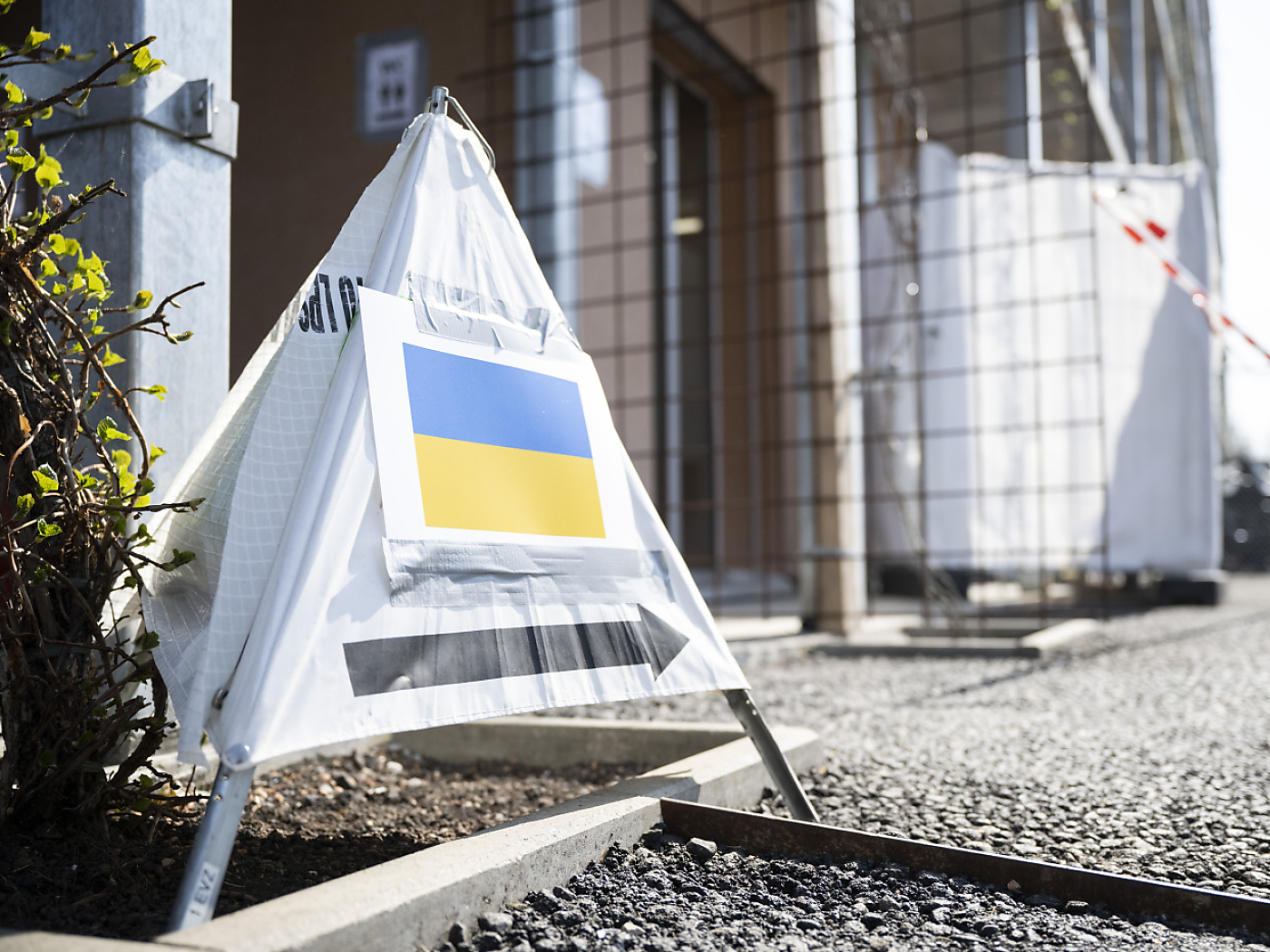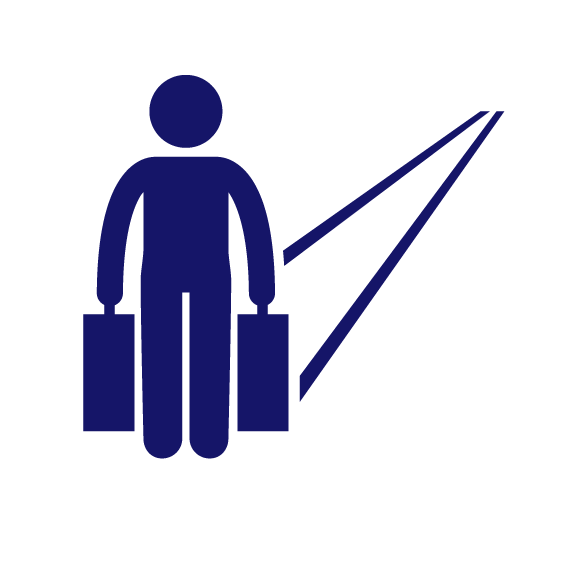
Swiss asylum seeker numbers sinking – including Ukrainians

The number of asylum applications in Switzerland fell by a fifth in June, compared to both the previous month and last year.
Check out our selection of newsletters. Subscribe here.
The most important countries of origin were Afghanistan and Turkey. More people returned to Ukraine than were newly granted S protection status.
Some 1,180 people from Ukraine applied for S protection status in June, as reported by the State Secretariat for Migration (SEM) on Tuesday. In the same period, 1,033 people were granted S protection status and in 1,559 cases it was revoked.
+ Why Swiss asylum remains elusive for many Afghans
In total, protection status S was revoked in 25,971 cases. Some 66,189 people from Ukraine had S protection status at the end of June.
Since the Russian invasion of Ukraine in February 2022, civilian targets, mainly in Ukrainian cities, have been hit daily by Russian missiles and cruise missiles. Around a third of Ukraine’s former population of over 40 million is on the run as a result of the Russian war of aggression – several million of them in other European countries.
+ Switzerland pilots 24-hour asylum procedure
According to the State Secretariat for Migration, a total of 1,881 asylum applications were registered in Switzerland in June of this year, 476 fewer than in the previous month, which corresponds to a decrease of 20.2%. Compared to June 2023, the number of asylum applications fell by 514 or 21.5%.

More
Asylum in Switzerland
In June, 894 people left Switzerland under control or were returned to their country of origin or a third country. Switzerland requested another Dublin treaty country to take charge of 636 people, and 174 people were transferred to the responsible country during the same period.
At the same time, Switzerland was requested by other Dublin states to take over 415 persons, and 99 persons were transferred to Switzerland.
Translated from German by DeepL/mga
This news story has been written and carefully fact-checked by an external editorial team. At SWI swissinfo.ch we select the most relevant news for an international audience and use automatic translation tools such as DeepL to translate it into English. Providing you with automatically translated news gives us the time to write more in-depth articles.
If you want to know more about how we work, have a look here, if you want to learn more about how we use technology, click here, and if you have feedback on this news story please write to english@swissinfo.ch.

In compliance with the JTI standards
More: SWI swissinfo.ch certified by the Journalism Trust Initiative




























You can find an overview of ongoing debates with our journalists here . Please join us!
If you want to start a conversation about a topic raised in this article or want to report factual errors, email us at english@swissinfo.ch.